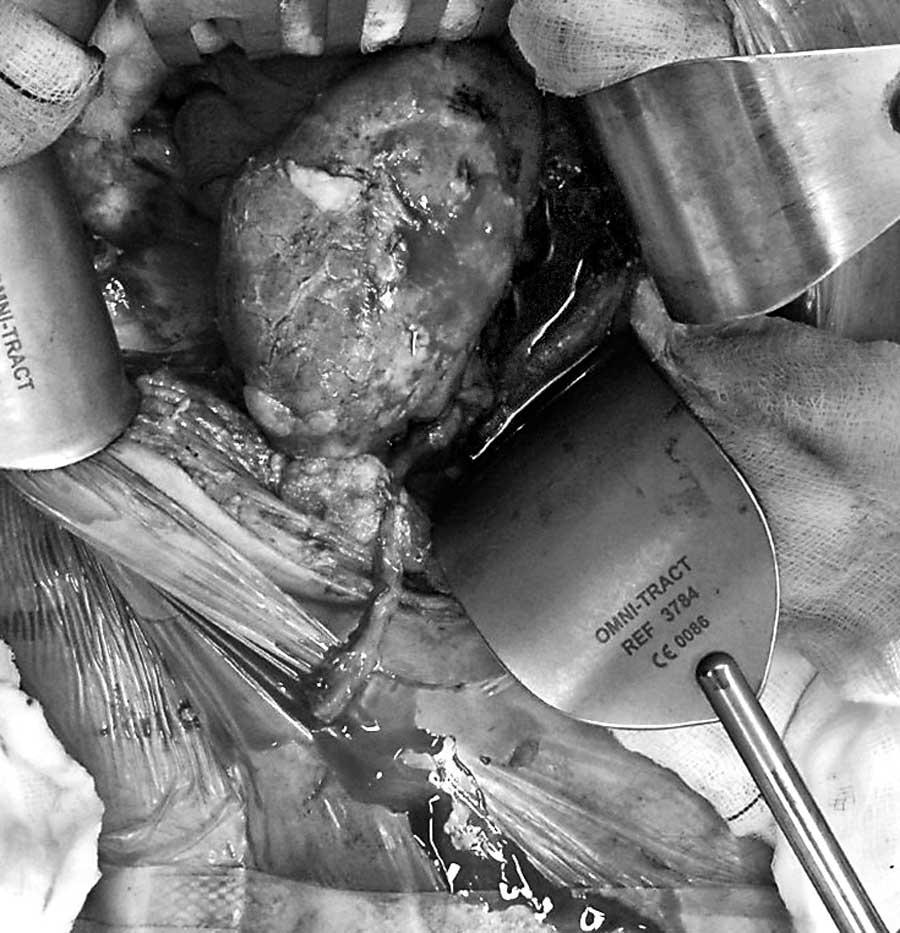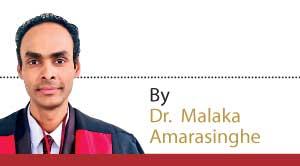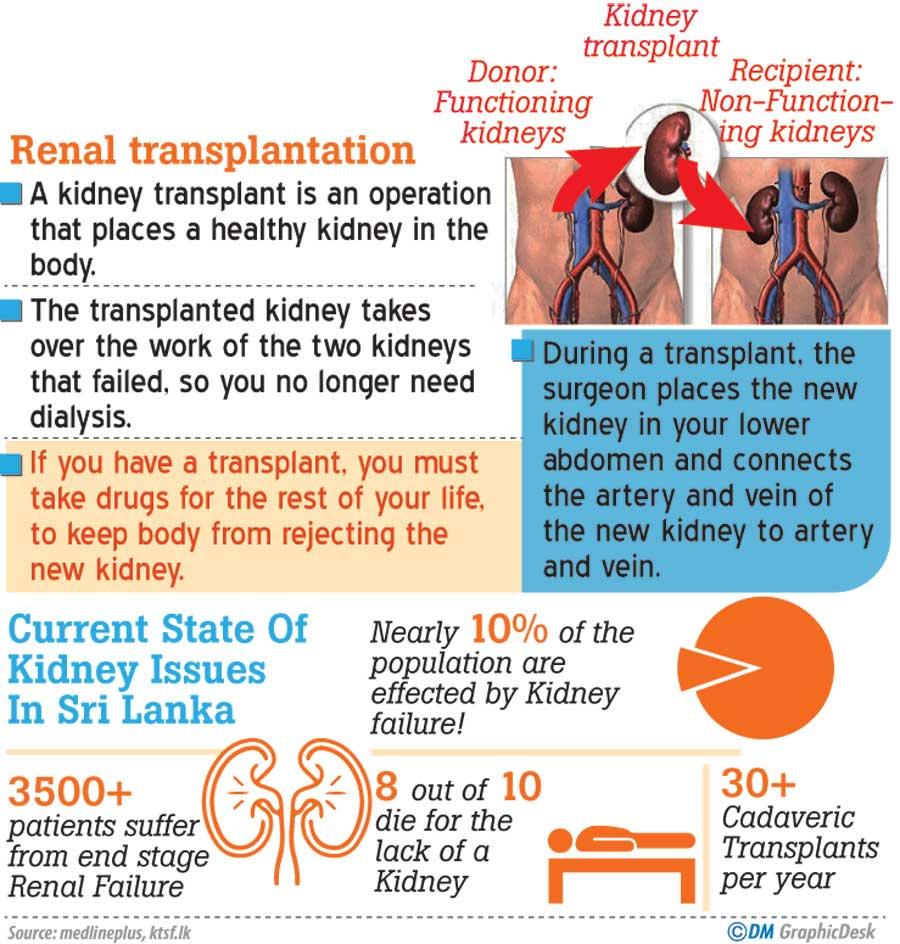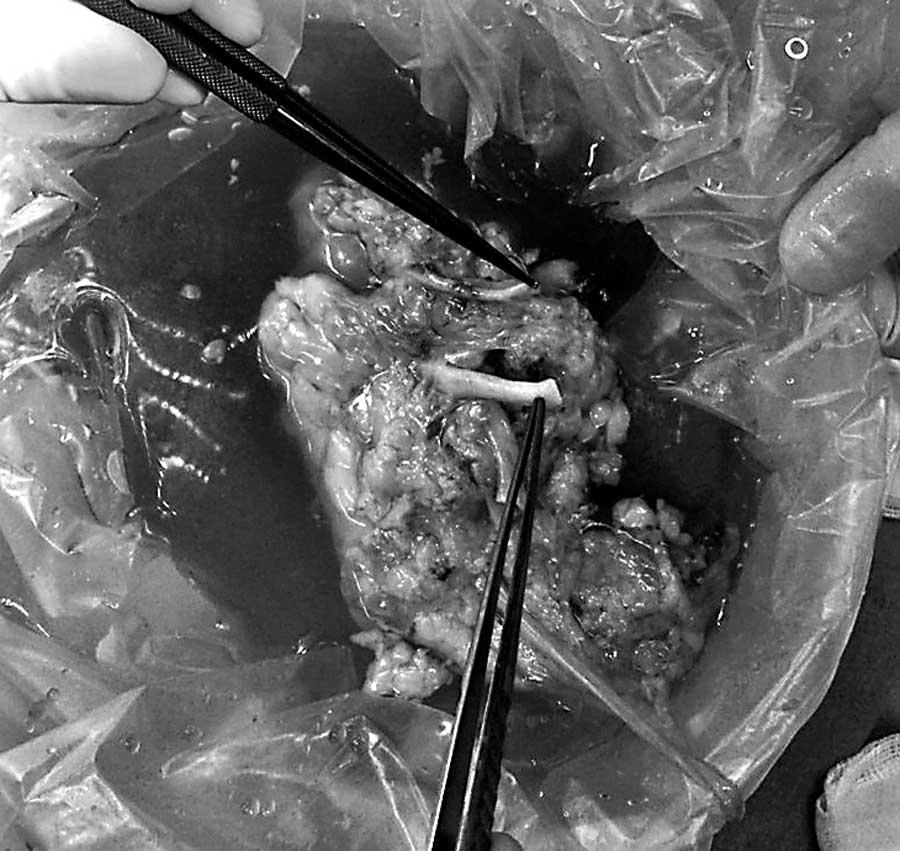Reply To:
Name - Reply Comment
Last Updated : 2024-04-27 13:21:00

Transplanted kidney producing urine
- World Kidney Day provides a platform to raise awareness about the prevalence of kidney diseases, their prevention, and the transformative impact of organ transplantation
- Recent statistics reveal that a significant portion of the population is affected
As the world marks World Kidney Day, Sri Lanka takes center stage in the global effort to address kidney health and organ transplantation. Beyond the celebratory atmosphere, this day holds profound significance, drawing attention to the prevalence of Chronic Kidney Disease (CKD) in Sri Lanka and the remarkable strides in renal transplant procedures. This article explores the multifaceted approach in Sri Lanka, covering the prevalence of CKD, organ procurement methods, and the meticulous preoperative assessments that precede life-changing renal transplants.
and organ transplantation. Beyond the celebratory atmosphere, this day holds profound significance, drawing attention to the prevalence of Chronic Kidney Disease (CKD) in Sri Lanka and the remarkable strides in renal transplant procedures. This article explores the multifaceted approach in Sri Lanka, covering the prevalence of CKD, organ procurement methods, and the meticulous preoperative assessments that precede life-changing renal transplants.
World Kidney Day serves as an annual reminder of the critical importance of kidney health globally. It provides a platform to raise awareness about the prevalence of kidney diseases, their prevention, and the transformative impact of organ transplantation. In Sri Lanka, this day takes on added significance as the nation addresses the challenges posed by a rising tide of CKD.
Prevalence of CKD in Sri Lanka: A Silent Crisis
Sri Lanka grapples with a silent epidemic— Chronic Kidney Disease. Recent statistics underscore the urgency of addressing this health crisis, with a significant portion of the population affected.
Lifestyle factors, genetics, and environmental influences contribute to the alarming prevalence, making World Kidney Day an opportune moment to spotlight the nation’s commitment to combatting CKD.
Organ Procurement: A Harmonious Blend of Methods
Sri Lanka’s approach to organ procurement embraces diversity, ensuring a comprehensive response to the growing demand for renal transplants.
Live Donor Program: Sri Lanka champions a robust live donor program, allowing individuals to donate altruistically or to a specific recipient. Stringent ethical guidelines and health assessments guarantee the safety of both donors and recipients.
Deceased Donor Program: The nation is actively promoting deceased donor organ procurement through governmental initiatives and public awareness campaigns. Encouraging posthumous organ donation provides a lifeline for those awaiting transplants.
Preoperative Assessments: Navigating the Path to a Successful Transplant
Immunological Matching: Before the transformative journey of a renal transplant begins, a meticulous preoperative assessment ensures the compatibility of the donor and recipient, contributing to the success and longevity of the transplant.
Indeed, blood group compatibility, Human Leukocyte Antigen (HLA) matching, and crossmatching are fundamental components of renal transplant evaluations. These factors play a crucial role in ensuring the success and longevity of the transplant, minimizing the risk of rejection, and optimizing overall outcomes for both the donor and recipient. Let’s delve into the significance of each:
Blood Group Compatibility: Matching the blood group between the donor and recipient is a fundamental prerequisite for a successful renal transplant. Blood group compatibility helps prevent immediate rejection reactions and ensures the harmonious integration of the transplanted kidney into the recipient’s body. The four main blood groups (A, B, AB, and O) and their respective Rh (Rhesus) factors (positive or negative) must be carefully assessed to identify compatible donor-recipient pairs.
HLA Matching: HLA molecules are proteins that play a key role in the immune system. Matching these antigens between the donor and recipient is essential for minimizing the risk of immune rejection. The closer the HLA match, the lower the likelihood of the recipient’s immune system recognizing the transplanted kidney as foreign and mounting an immune response. HLA matching is particularly crucial for long-term graft survival, and advanced testing methods are employed to assess compatibility.
Crossmatching: Crossmatching involves testing the compatibility between the donor’s lymphocytes and the recipient’s serum to identify any potential immune reactions. This step helps predict the likelihood of hyperacute rejection, where pre-existing antibodies in the recipient can rapidly attack the transplanted kidney. A negative crossmatch is ideal, indicating a lower risk of rejection, while a positive crossmatch may warrant additional precautions or adjustments in the transplant procedure.
Significance of Blood Group, HLA, and Crossmatching: Enhanced Compatibility: Matching blood groups ensures that the recipient’s immune system does not recognize the transplanted kidney as foreign, reducing the risk of rejection.
Minimized Immunological Response: HLA matching minimizes the chance of the recipient’s immune system mounting an immune response against the transplanted kidney, contributing to long-term
graft survival.
Early Rejection Prediction: Crossmatching provides insights into potential rejection risks, allowing for proactive measures to prevent immune reactions and improve the overall success of the transplant.
In summary, blood group compatibility, HLA matching, and crossmatching are pivotal pillars in the preoperative assessment of renal transplant candidates. These factors contribute to the overall success of the transplantation process, fostering compatibility between the donor and recipient and paving the way for improved patient outcomes in the realm of renal health.
Cardiopulmonary Evaluation: Both donor and recipient undergo thorough cardiopulmonary assessments to ensure their fitness for the surgical procedure. This step is vital in minimizing risks during and after surgery.
Psychosocial Screening: A comprehensive psychosocial evaluation is conducted to gauge the mental and emotional preparedness of both donor and recipient. This addresses the holistic well-being of individuals involved in the transplant process.

Intraoperative Symphony: Transcending Boundaries
The intraoperative phase unfolds with precision, as a series of delicate manoeuvres bring the donor kidney to its new home within the recipient’s body.
Immunosuppression: This phase initiates with the administration of immunosuppressive medications to prevent the recipient’s immune system from rejecting the transplanted kidney. Careful management sets the stage for the harmonious integration of the donor organ.
Donor Nephrectomy: A key element involves the precise removal of the kidney from the live or deceased donor. Advances in surgical techniques and technology enhance the safety and efficiency of this crucial step.
Flushing the Transplant: The harvested kidney undergoes meticulous flushing to remove any remaining blood and preserve the organ’s viability. The transplant itself involves the delicate placement of the donor kidney, setting the stage for the restoration of renal function.
Joining Vessels and Ureter: The surgical ballet concludes as vessels from the donor kidney are intricately connected to the recipient’s vascular system. Simultaneously, the ureter is delicately attached to the recipient’s bladder. These connections ensure the seamless integration of the transplanted kidney into its new environment.
Nurturing Hope: A Guide to Postoperative Care in Renal Transplants
In the orchestration of a renal transplant, the journey doesn’t conclude with the delicate joining of vessels and ureter; it extends into the realm of postoperative care, a crucial chapter in the life-changing narrative of organ transplantation. As Sri Lanka celebrates its commitment to renal health, this sheds light on the essential aspects of postoperative care for recipients, guiding them toward a path of recovery, vitality, and renewed hope.
Recovery Phase: The First Symphony of Healing: The immediate postoperative phase is a critical juncture where recipients embark on their journey toward renewed health. Hospitalization is standard for a few days, during which medical professionals monitor vital signs, ensure proper wound healing, and manage pain effectively. This phase is marked by the careful observation of the transplanted kidney’s function and the recipient’s
overall well-being.
Immunosuppressive Medications: Sustaining the Harmony: One of the cornerstones of postoperative care is the diligent administration of immunosuppressive medications. These drugs play a pivotal role in preventing the recipient’s immune system from rejecting the transplanted kidney. Adherence to the prescribed medication regimen is paramount, and recipients are educated on the importance of consistency to maintain the delicate balance between protection and acceptance of the new organ.
Monitoring Kidney Function: A Symphony in Numbers: Regular monitoring of kidney function is an ongoing process in postoperative care. Blood tests, including serum creatinine levels, help assess the health and functionality of the transplanted kidney. Close scrutiny during this phase allows medical professionals to detect any potential issues promptly, ensuring timely intervention and safeguarding the longevity of the transplant.
Infection Prevention: Guarding the Symphony’s Integrity: Postoperative care places a strong emphasis on infection prevention. Recipients are educated on the importance of hygiene, prescribed antibiotics are diligently taken, and any signs of infection, such as fever or unusual discomfort, are promptly reported. Vigilance in this regard safeguards the transplanted kidney and promotes an environment conducive to optimal recovery.
Nutrition and Lifestyle Harmony: The Melody of Wellness: A harmonious postoperative recovery extends beyond medications to encompass nutrition and lifestyle choices.
Recipients are guided on maintaining a healthy, kidney-friendly diet, staying adequately hydrated, and engaging in light physical activity as advised by healthcare professionals. This symphony of wellness supports the overall recovery process and ensures the transplanted kidney receives the care it deserves.
Psychosocial Support: The Heartbeat of Resilience: The postoperative period can be emotionally challenging for recipients. Psychosocial support, including counselling and support groups, becomes an integral part of the recovery process. Nurturing mental and emotional well-being empowers recipients to navigate the complexities of life post-transplant, fostering resilience and a positive outlook.
Long-Term Follow-up: Sustaining the Symphony of Health: Postoperative care extends beyond the immediate recovery phase, with recipients entering a phase of long-term follow-up. Regular check-ups, ongoing monitoring of kidney function, and adjustments to medication regimens as needed ensure the sustained health and vitality of the transplanted kidney.
A Symphony of Renewal: As the echoes of the transplant surgery fade into the past, postoperative care becomes the ongoing symphony of renewal for renal transplant recipients. Sri Lanka’s commitment to excellence in renal health extends into this phase, nurturing hope and guiding recipients toward a future filled with vitality, resilience, and the promise of renewed life. In the harmony of postoperative care, the gift of a transplanted kidney becomes a melody of healing that resonates for a lifetime.
Conclusion: A Beacon of Hope
On World Kidney Day, let us celebrate the progress made in renal transplant management in Sri Lanka and acknowledge the dedicated healthcare professionals, donors, and recipients who contribute to this life-changing process. By fostering awareness, investing in advanced medical technologies, and addressing the challenges ahead, Sri Lanka can continue to be a beacon of hope for those in need of renal transplants. The gift of life, made possible through renal transplants, is a testament to the nation’s commitment to healthcare excellence and compassionate care.
(The Author, Dr Malaka Amarasinghe MBBS, MD Surgery, MRCS, is a Consultant Vascular and Transplant Surgeon at the National Institute For Nephrology Dialysis and Transplantation Colombo)

Preparing the kidney for the transplant

Add comment
Comments will be edited (grammar, spelling and slang) and authorized at the discretion of Daily Mirror online. The website also has the right not to publish selected comments.
Reply To:
Name - Reply Comment
US authorities are currently reviewing the manifest of every cargo aboard MV
On March 26, a couple arriving from Thailand was arrested with 88 live animal
According to villagers from Naula-Moragolla out of 105 families 80 can afford
Is the situation in Sri Lanka so grim that locals harbour hope that they coul

26 Apr 2024
26 Apr 2024